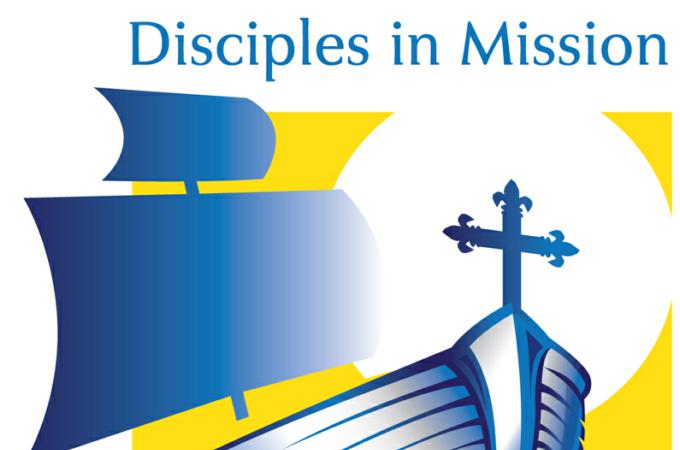Ministry to persons with disabilities -- we all belong
The United States Conference of Catholic Bishops recent approval of the Revision of Guidelines for the Celebration of the Sacraments with Persons with Disabilities addresses the New Evangelization, and the universal call to holiness, by working to ensure that all human beings have the support they need to actively participate in the sacraments.
This document, made public in July, is a response to members of the Church who have noted that the pastoral practice for the celebration of the sacraments is often inconsistent for individuals with disabilities and persons who are deaf. In parishes, these include adaptive catechetical material, accessible church facilities, the availability of sign language interpreters and captioning for persons who are deaf or hard of hearing. To develop a greater consistency in pastoral practice for our brothers and sisters in Christ, the new guidelines recall foundational principles of sacramental life in light of an increased understanding of the gifts and needs of individuals with disabilities and persons who are deaf.
The guidelines note that participating in, and being nourished by the sacraments is essential for growing in holiness. This revised document complements recent national disability ministry initiatives which focus on the foundational communion that Christians have with one another through the sacramental rite of Baptism -- through Baptism human persons are incorporated into the Body of Christ and infused with gifts of faith, hope and love. Each subsequent sacrament distinctively strengthens each person to fulfill their vocation in the Body of Christ.
This emphasis on communion through Baptism was articulated by the National Catholic Partnership on Disability at the National Convocation for Catholic Leaders earlier this summer at a breakout session entitled, "From Inclusion to Belonging: Persons with Disabilities and the Deaf Community." The breakout session concluded that a more complete understanding of disability ministry involves not only intensive inclusion initiatives, but also a recognition that individuals with disabilities and persons who are deaf already belong. The partnership noted that inclusion implies that people are allowed in by another. This means that there is a possibility of exclusion for reasons such as limited resources, indifference, or fear.
The breakout session reminded those present that a sense of belonging really comes from recognizing that by virtue of our baptism, we all belong. When this pre-existent notion of belonging is overlooked in the life of the Church, individuals with disabilities and persons who are deaf tend to be separated into a sub-group of individuals who only participate in the sacraments when it is convenient.
As the Church, we should respond to these guidelines by finding practical ways to increase the active participation of individuals with disabilities and persons who are deaf in their parish. In response to these guidelines, the Secretariat for Evangelization and Discipleship is currently collating the most recent local and universal disability ministry initiatives. These resources will be available shortly to support the participation of these populations in parishes throughout the archdiocese.
If you have a disability which hinders your full engagement in the life of your parish, know that the ecclesial community needs your presence as a disciple and desires your active participation. Present your concerns to a parish staff member. If they are unfamiliar with the challenges that you have presented, do not be discouraged! Just because no one has presented these challenges before does not reduce their importance.
Parishes should seek to understand individuals who are experiencing challenges and work to provide them with the support they need. Do not be intimidated if you are asked to provide services for an individual who has a disability with which you are unfamiliar. Every parish must start somewhere!
Visit the United States Conference of Catholic Bishops website (www.usccb.org/about/divine-worship/policies/guidelines-sacraments-persons-with-disabilities.cfm) as well as the National Catholic Partnership on Disability website (ncpd.org) to review these new sacramental guidelines and other helpful resources to ensure that individuals with disabilities and persons who are deaf can actively participate in Church life. These resources that the Church has provided can help to ensure that we are truly embracing the New Evangelization by supporting everyone's path towards discipleship.
JULIA GILBERTO IS DISABILITY MINISTRY INTERN FOR THE ARCHDIOCESE'S OFFICE FOR FAMILY LIFE AND ECCLESIAL MOVEMENTS.



















